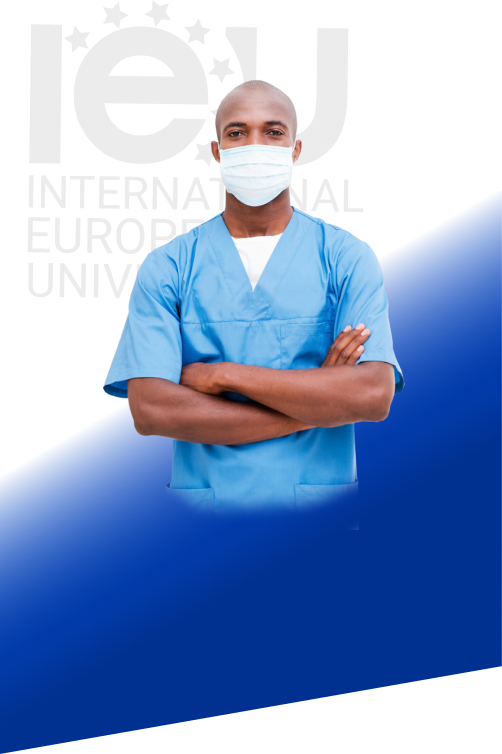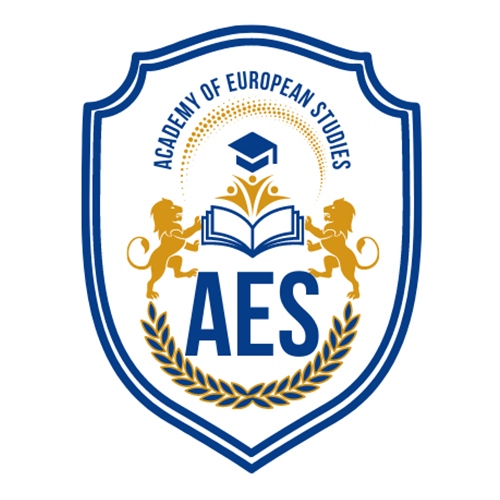School of Life Sciences Mission
Our Aim is to provide students with a foundation of scientific knowledge and ways of exploring the world. The life sciences pervade so many aspects of our lives – from health care to the environment, and expand the horizon of a student about the flora and fauna, giving a thorough base on the subject which helps in finding bright future options!

- Affordable Higher Education Programs
- Advanced Life Science Research
- Modern Life Science Technologies
- Opportunity for Internships Abroad
About the Courses
The mission of The European School of Life Sciences is to inspire and transform our students by providing them with innovative learning experiences that prepare them to thrive in a dynamic and demanding world. Our school also strives to improve lives by stimulating scientific discovery and solving critical problems at the intersection of life sciences and society and gives students a huge basis of factual knowledge and skills.
- Name of specialty – Life Sciences.
- Level of Higher Education – First (Bachelor’s) and Second (Master`s) level.
- The duration of studying – 4 years of full-time studying (Bachelor`s) and 2-3 years of full-time studying (Master`s).
- Medium of Instruction – English.
Compulsory Subjects
There are compulsory subjects every life sciences student is about to study within the different studying years at Life Sciences School:
- Agriculture
- Biology
- Biochemistry
- Microbiology
- Geology
- Geodesy
- Genetics
- Ecology
- Agronomy
- Environmental Technologies
- Biomedical Engineering
- Zoology
- Food Technology
- Environmental Physiology
- Biotechnology
- Chemistry
- Botany
- Environmental Science
- Agriculture, Fisheries, and Food
- Anatomy and Morphology
- Behavioural Sciences
- Biophysics
- Ecology, Evolution, and Environment
- Entomology
- Forestry
- Genetics and Heredity
- Immunology
- Mycology
- Paleontology
- Parasitology
- Physiology
- Plant Sciences
- Toxicology
- Veterinary Sciences
- Virology
- Introductions and The Microbial World
- Microbial Cell Structure and Function
- Microbial Metabolism
- Microbial Growth
- Molecular Information Flow and Protein Processing
- Microbial Systems Biology
- Microbial Regulatory Systems
- Genetics of Bacteria and Archaea
- Biotechnology and Synthetic Biology
- Microbial Evolution and Systematics
- Metabolic Diversity of Microorganisms
- Functional Diversity of Bacteria
- Microbial Diversity
- Taking the Measure of Microbial Systems
- Microbial Ecosystems
- Microbiology of the Built Environment
- Microbial Symbioses
- Microbial Symbioses with Humans
- Viral Genome Diversity
- Viruses and Their Replication
- Microbial Growth Control; Clinical Microbiology
- Pathogenicity; Immunity and Host Defenses
- Epidemiology
- Person to Person Bacterial and Viral Diseases
- Vectorborne and Soilborne Bacterial and Viral Disease
Educational Process
Innovative Learning and Research Experience
The mission of The European School of Life Sciences educational process is to inspire and transform students by providing them with innovative learning experiences that prepare them to thrive in a dynamic and demanding world with improving lives by stimulating scientific discovery and solving critical problems at the intersection of life sciences and society. Students are expected to participate in learning activities and deepen their understanding of the microbial world and apply their knowledge to various concepts
- Life sciences will give you a huge basis of factual knowledge and help in obtaining new ways to look at the world and create a fresh understanding of science.
- Students have the ability to choose the field of Life Science they will have to study and take part in research from numerous disciplines.
- Lecturers of Life Sciences in the IEU integrate the latest study in academic subjects with new, improved analytical tools from other fields of science and mathematics.
Career Perspectives
After completing the professional education program of the specialty “Life Sciences” a specialist can perform professional work as:
- Ecologist
- Biomedical Engineer
- Microbiologist
- Industrial Pharmacist
- Clinical Research Associate
The career options of a life sciences graduate are well respected around the world, and your work and research can have a real-world impact and help improve people’s lives. Your expertise will also be sought-after around the world, so there could also be opportunities to work abroad. Here are some of the different jobs you will find in the life science sector:
Biomedical Scientist. Biomedical scientists examine medical samples, for example, blood and tissue, helping doctors to diagnose and treat diseases. They use their knowledge and test results to advise and support doctors and other medical staff. Biomedical scientists need an in-depth knowledge of areas such as pathology, anatomy, and physiology.
Biotechnologist. Biotechnologists combine biology, the science of living things, with technology. They research and develop the use of biology to solve problems in areas such as health care, the pharmaceutical and chemical industries, agriculture, food production, and environmental protection
Biochemist. Biochemists study the chemistry of life. They investigate life’s processes at the level of molecules, using their knowledge to identify and solve biological problems. They research and develop new products and processes to benefit a wide range of areas, including food processing, pharmaceuticals, health care, and agriculture.
Microbiologist. Microbiologists study the biology and chemistry of microbes. They apply their knowledge to solve problems in areas like agriculture, food production, the water industry, medicine, and pharmaceuticals, and to manage and protect the environment.
There are some excellent options the graduates of Schools of Life Sciences hold all over the world:
- Laboratory Technician
- Technical Writer
- Microbiologist
- Medical Sales Representative
- Wildlife Biologist
- Data Manager
- Ecologist
- Biomedical Engineer
- Biomedical Scientist
- Biotechnologist
- Biochemist
- Computational Biologist
- Clinical Research Associate
- Industrial Pharmacist
- Research Assistant
- Bioinformatician
